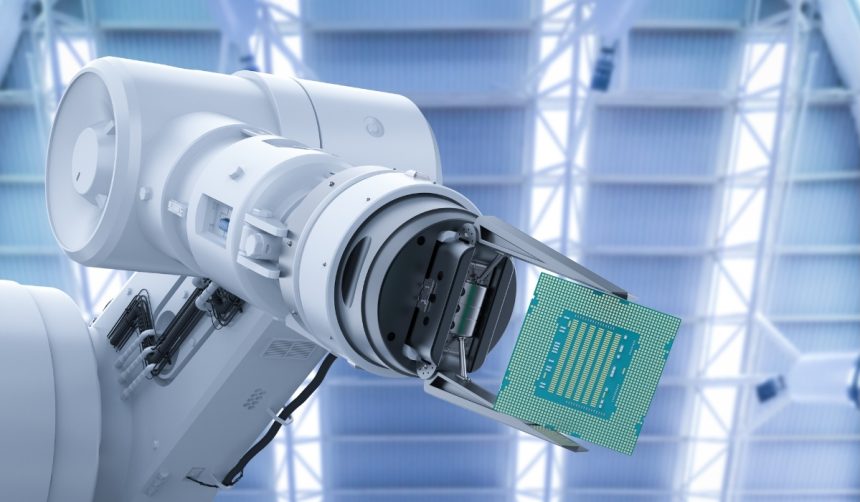Serve Robotics is taking deliberate steps to scale its sidewalk delivery operations by integrating new artificial intelligence technologies into its platform. The company, best known for its small autonomous delivery robots often seen navigating urban sidewalks, has announced the acquisition of Vayu Robotics. Serve’s move reflects a growing industry trend toward deploying advanced AI to improve last-mile logistics, particularly in dense metropolitan areas like Dallas-Fort Worth. As delivery expectations shift and the demand for autonomous solutions grows, the collaboration between Serve and Vayu aims to provide a more efficient infrastructure for urban environments.
Reports about Serve Robotics in past months indicated ongoing collaborations with enterprise clients such as Uber Eats and 7-Eleven, with plans to scale its robot fleet considerably. The company’s earlier milestones included an expansion in the Dallas-Fort Worth area and contracts promising up to 2,000 robots for Uber Eats deliveries. The new partnership with Vayu Robotics introduces a sharper focus on fusing real-world and simulated AI training, marking a distinct evolution from their earlier technology strategy, which prioritized operational scale and physical deployment over data-driven autonomy improvements. The heightened emphasis on AI-enabled navigation is set to advance Serve’s competitive positioning among other urban delivery robotics firms.
How Will Serve Incorporate Vayu’s Simulation and AI?
The integration will unite Serve’s established robot autonomy software and real-world sidewalk data with Vayu’s expertise in scalable AI foundation models and simulation-powered data engines. This combination is designed to enable more robust and generalizable navigation capabilities for delivery robots. Serve aims to transition from traditional data training methods to a fusion approach, utilizing both physical and simulated experiences to refine robot decision-making in real environments.
What Strategic Goals Does This Acquisition Address?
With the acquisition, Serve is advancing its roadmap to deploy autonomous robots nationwide while seeking to lower delivery costs. CEO Dr. Ali Kashani emphasized the importance of autonomy in achieving the company’s pricing targets for last-mile deliveries, stating,
“Autonomy is critical to our long-term goal of bringing delivery costs down to $1, and these new capabilities will help us move faster.”
Scalable AI from Vayu is expected to bolster robot safety and expand operational reliability, enabling Serve to target new markets and service scenarios previously considered too complex for automation.
What Impact Will New Leadership Bring?
Alongside the acquisition, Serve Robotics also announced that Vinod Khosla, Vayu’s lead investor and a notable technologist, will join its Advisory Board. This leadership change is positioned to further guide the company as it seeks broader implementation of its technologies. Anand Gopalan, CEO of Vayu Robotics, remarked,
“We are thrilled to join the Serve team and apply our AI foundation model technology, talent and expertise to accelerating the development of their autonomous delivery platform.”
The accelerated collaboration between Serve Robotics and Vayu Robotics highlights the increasing convergence of real-world robotics and large-scale artificial intelligence models. Companies pursuing urban robotics consistently find value in blending actual operational data with simulation to enhance the reliability and safety of autonomous systems. As Serve targets wider deployment, its embrace of simulated environments and scalable AI reflects a broader industry movement where real and virtual experiences inform each other. For logistics professionals and municipal planners, following such initiatives provides insight into how automation will change urban mobility and service delivery, revealing both technological advances and potential regulatory or infrastructure challenges ahead.










